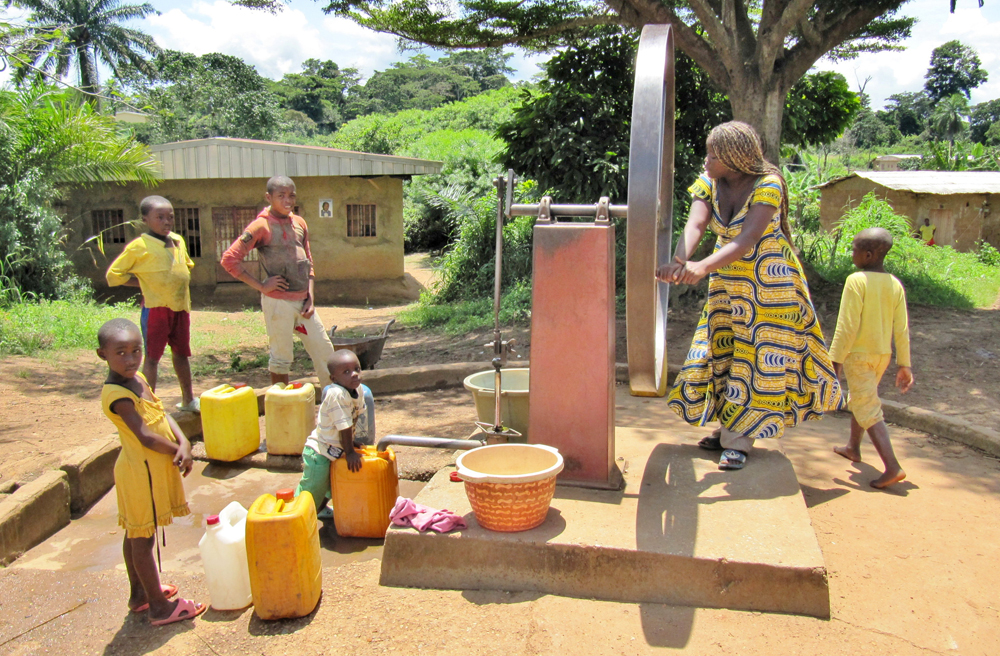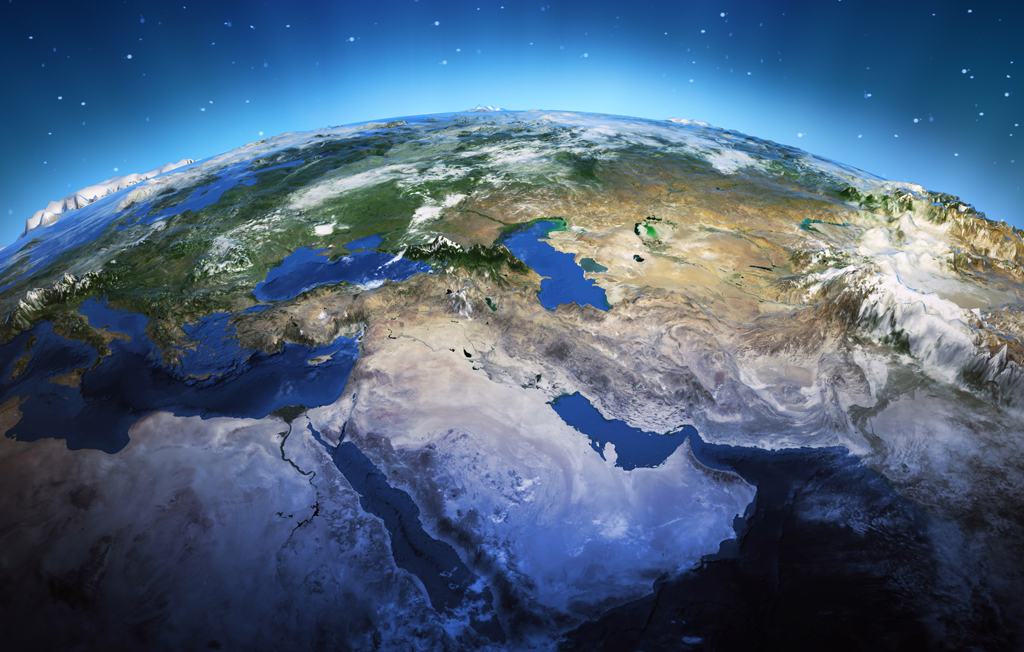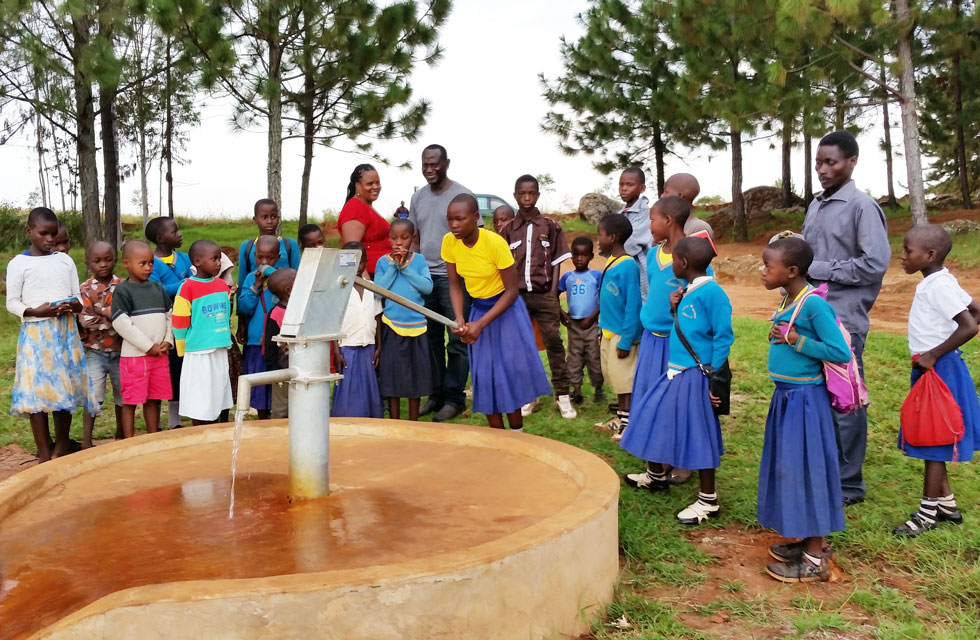A COUNTRY THIRSTING FOR CHANGE
- Nearly half of Cameroon’s population lives below the poverty line.
- Cameroon has a 6% child mortality rate
- Nearly half of Cameroon’s 23 million people reside in rural areas.
- Cameroonians have a very short life expectancy of only 55 years —among the lowest in the world.
A Health Crisis
Endemic diseases severely undermine the population’s health. They include podoconiosis (podo), dengue fever, filariasis, leishmaniasis, malaria, meningitis, schistosomiasis and sleeping sickness
- Podoconiosis -is a type of elephantiasis (leg and foot swelling) found in farming communities in the tropics. It’s triggered by an abnormal reaction to irritant mineral particles found in soils of volcanic origins. People who don’t wear shoes for cultural reasons or because of sheer poverty are at high risk. In Cameroon, two million people (9% of the population) are at risk through exposure to the irritant soil. It is endemic in Northwest Cameroon. Several thousand people are affected. Simple things like washing your feet and wearing shoes can prevent it – but most people don’t know this.
- Dengue fever – is a severe, flu-like illness that affects people of all ages, and is occasionally lethal. It’s a mosquito-borne viral infection most prevalent in urban areas.
- Sleeping sickness – is transmitted by the tsetse fly. People in rural areas are at the greatest risk because they depend on agriculture, fishing, animal husbandry or hunting which all attract the tsetse fly. It affects the central nervous system.
Education Obstacles
Cameroon has one of the highest school attendance rates in Africa. However, because of child labor, many students miss a great deal of school. More than half of the children ages 5-14 are laborers – many in agriculture and the commercial production of agricultural products.
Girls attend school less regularly than boys because of cultural attitudes, domestic duties, early marriage, pregnancy, and sexual harassment.
Poverty is another obstacle. Primary school children must buy their own books, but many families are too poor to pay the book fees. As a result, nine out of ten children in Cameroon spend years in school having to learn without books. Often the only books they see during their primary school years are those belonging to the teacher.
Your support goes a long way in combating these health and education hardships. Discover how you’re helping save lives
Your Donations Make A Difference
Because of your support, IOCC is able to improve many of the problems plaguing the education, health and water and sanitation systems in Cameroon.
We work in cooperation with the Holy Orthodox Metropolis of Cameroon and the country’s Ministry of Education to help improve the well-being of children and families.
Some of the humanitarian actions you help make possible include:
- Access to clean water; including a clean water supply for schools
- Wheelchairs to their sick and disabled
- Educating communities on hygiene and sanitation practices
- Textbook shipments to schools
Your Gifts at Work
Health Care Relief and Aid
IOCC works in cooperation with the Holy Orthodox Metropolis of Cameroon and the country’s Ministries of Education to improve the well-being of children and families.
Based on our success in treating and preventing podo in Ethiopia, we established a similar program in Cameroon. Experienced IOCC staff from Ethiopia teamed with the University of Buea/ Research Foundation for Tropical Disease and Environment. Together they trained 25 Ministry of Health nurses and leaders who will work in northwest Cameroon.
They now have a scalable model to combat this neglected disease with an aggressive prevention and treatment program. Children and adults attend foot hygiene awareness classes, and the treatment includes a regimen of foot washing, wound care for open sores and massage to stimulate circulation.
Clean Water
With much of the population living in rural areas, and about 60 percent of these people without a source of clean water, there is a high occurrence of illness caused by waterborne diseases.
Projects are providing safe water access to schoolchildren at three primary schools in Cameroon. Your support is needed to continue this work. Already 9,000 schoolchildren and teachers living in northwestern Cameroon have clean water through rainwater harvesting systems installed on three of the area’s largest schools.
These water programs create jobs via construction projects such as drilling wells and installation of water pumps. Most importantly, they establish sustainable water access for communities. Your donations have also helped provide hygiene kits to 11,000 schoolchildren in the region.
Education
- Since 2009 more than $6.5 million in English language grammar, math and science textbooks have been donated to five schools across Cameroon.
- IOCC donors have sent school kits filled with notebooks, pencils and rulers for 14,000 school-aged children.
Your donations make it possible for more children to attend school and help Cameroon reach its goal of providing bilingual education for its citizens.




